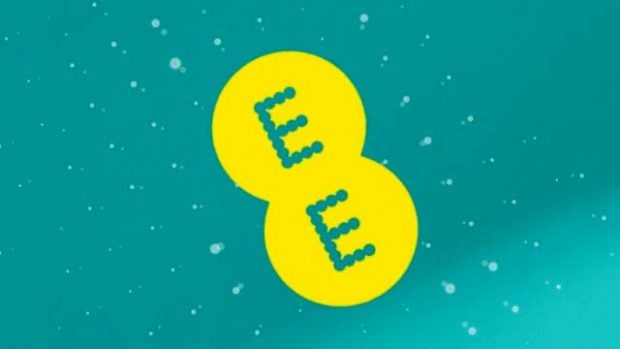BT to turn off 3G for EE, Plusnet and BT Mobile by 2023

BT has signalled that the end of the road for 3G support is fast approaching, with EE, Plusnet and BT Mobile set to lose access to the connectivity by 2023.
The announcement was tucked into a press release announcing the company’s plan to expand its 5G infrastructure to such a degree that it will be available to 50% of the population by early 2023, and “over 90% of UK landmass” by 2028. Killing 3G is, according to the company, “part of efforts to ensure all customers can benefit from the most reliable connections,” with the spectrum used to “enhance 5G capacity in the future.”
A Reuters report adds that BT will be doing the same for the 25-year-old 2G service “later in the decade,” which puts the great turn off at anywhere between 2024 and 2029.
“We’re making a uniquely ambitious, long-term commitment to drive high performance 5G further and faster, and to integrate it at the core with our fibre network for a seamless customer experience,” said Philip Jansen, chief executive of the BT Group. “Openreach was first to fibre, EE was first to 5G and together BT will be first to a fully converged future.”
For most people, this announcement will raise little more than a shrug, as BT’s own numbers confirm. The company says that 3G now represents “less than 2% of data traffic over the EE network”, and it’s notable that it’s been very hard to find a handset without 4G connectivity since the middle of the last decade.
Still, if you do find yourself impacted and want to get in ahead of the cut off, you should consult our guide to the best smartphones to get a handset that’s futureproof.
While BT is the first network to announce its plans, it wouldn’t be surprising if the other big operators – O2, Three and Vodafone – didn’t have similar timescales in mind. When approached for comment, Three said it hasn’t yet committed to timelines. We will update this piece if and when we get a response from O2 and Vodafone.




